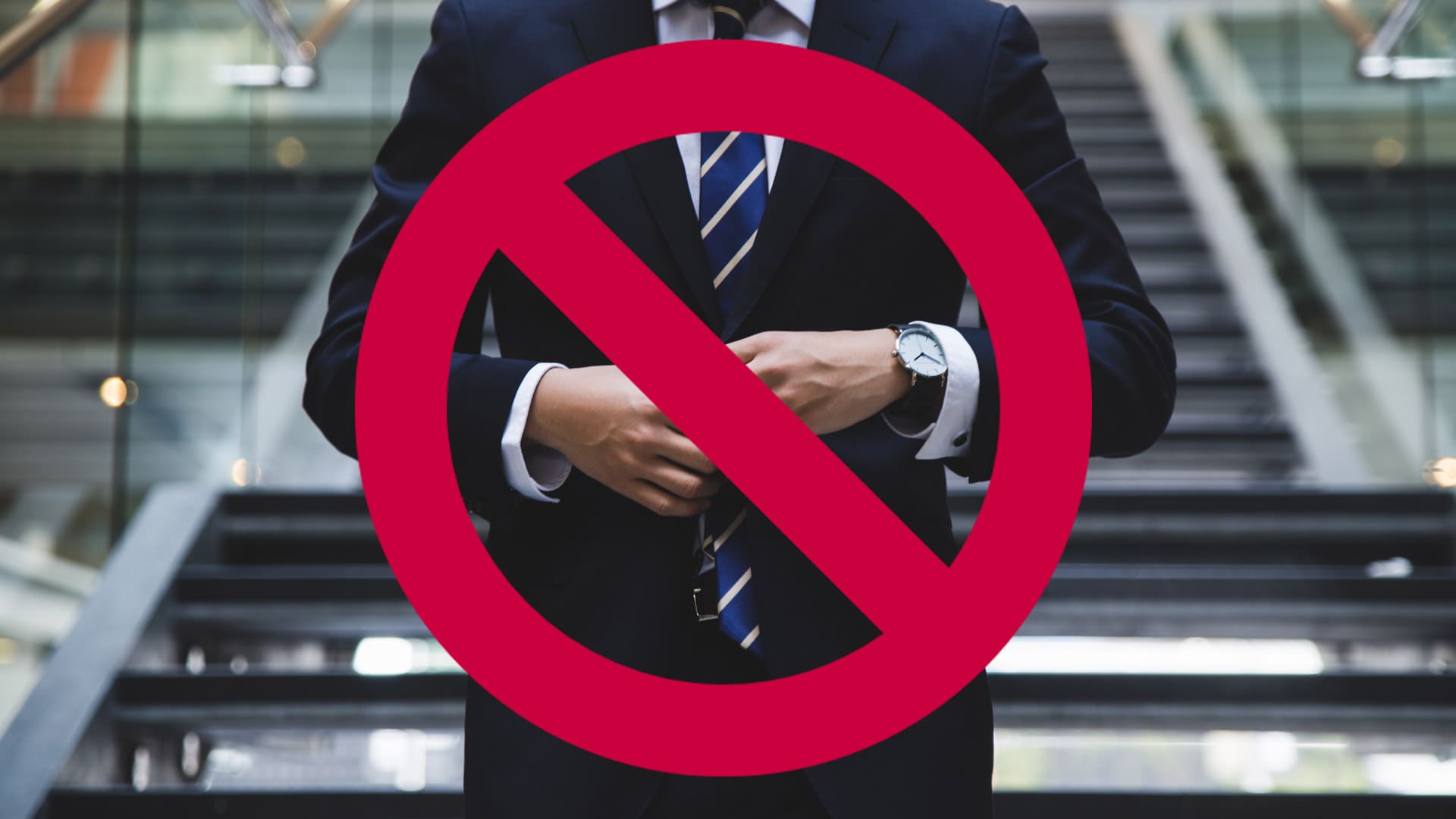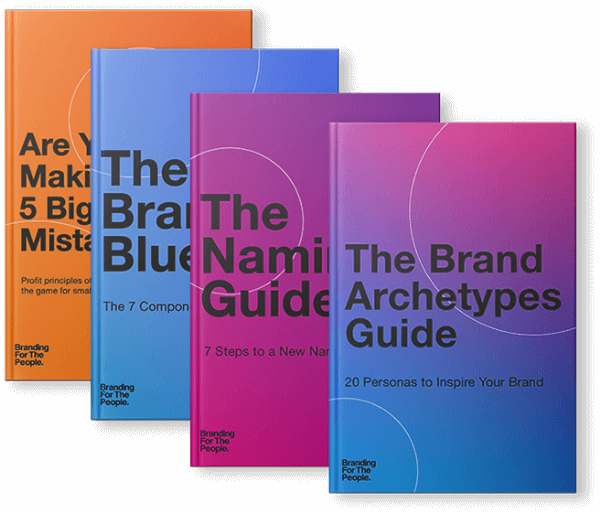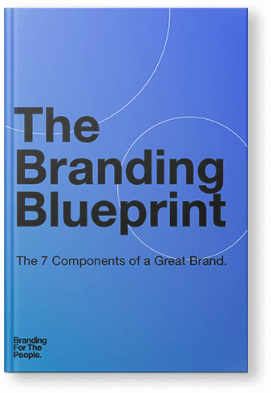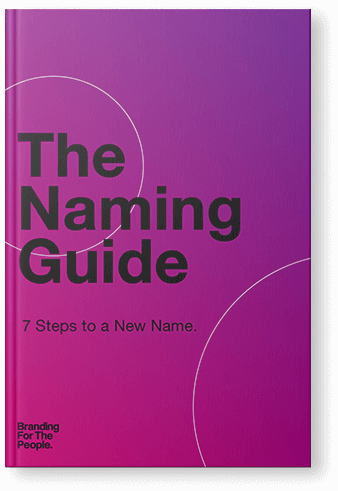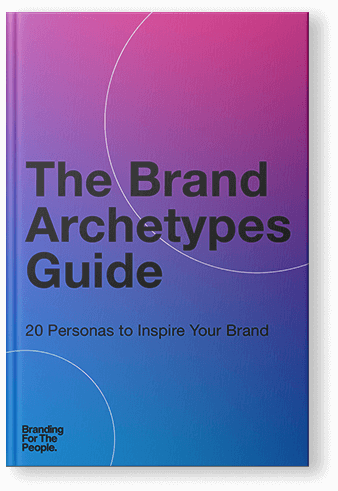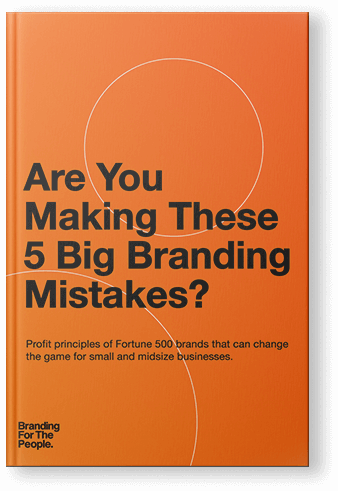If you’re trying to make a brand promise around your professionalism, you’re not trying hard enough.
Do you make money for what you do? Congratulations. You’re a professional—but that says nothing about your brand promise.
It means you’re competent. Maybe even skilled.
But it doesn’t make you intriguing, unique or different from your competitors. You could be the most professional person in the world—and actually be incredibly boring to your customers.
What your brand promise is—and isn’t
Here’s a secret: in most buying situations, quality is assumed. So is professionalism.
We assume that when we hire an electrician, the light switch will turn on. We assume that when we buy a car the brakes will work.
And that means being “good” isn’t good enough. Your brand can’t just be “professional”—because you’re not the only professional on the block.
By building a brand personality on professionalism, what you’re doing is promoting your credibility. You’re making the argument that buying from you makes logical sense.
These are valid arguments to make, and they DO matter in the eyes of your potential customers.
But a brand promise based on credibility and logic is both boring and weak.
Aristotle hated “professional”, too
Noted Greek philosopher Aristotle posited that a solid argument—and argument here means any defensible position, such as a belief or, yes, a brand promise—is based on 3 pillars:
- Ethos (Credibility)
- Logos (Logic)
- Pathos (Emotion)
Professionalism only appeals to logic and credibility, which means, by Aristotle’s definition, any appeal to professionalism will fail.
Let’s make things more concrete with an example.
Let’s say you are a financial planner, and a good one.
A professional.
We all want a financial planner who knows what they are doing—in other words, one that’s credible. And we want one who can make us money—that makes logical sense to hire.
That all sounds well and good, and as a professional financial planner you can deliver on that brand promise.
But without injecting emotion into your brand promise, you’ll only end up telling prospective clients that a financial planner is a wise investment—not that they need YOU.
You’ve successfully advertised for your industry, not for your company.
Aristotle would have HATED that.
Your brand promise needs to make an emotional connection
Your competence at delivering your service or the value built into your product is just a single one of the factors that people take into consideration when making a purchase.
But as we said above, prospects already assume you’re good at what you do.
Customers want an emotional connection with you and your brand. They want to know who you are, what you care about, and what you stand for so that they can self-identify with you.
They want to know you understand not only their life, but also the pain they’re going through or the challenge they’re facing, before they’ll ever agree to let you help them.
Only when you share your history (both good and bad) and your personality with your customers will you start to connect with people on an emotional level—and will your brand promise hit home.
This emotional connection is much stronger than a logical connection, or one rooted in credibility, or even a combination of both.
And this is why your brand promise can’t hinge on being “professional.”
Takeaway
By all means be good at what you do. (It’s assumed you are.) Be prompt, courteous, and wear a tailored suit everyday if you feel it conveys professionalism.
But just know that in order for your brand to resonate, it has to promise more.


